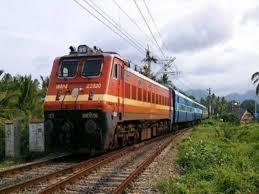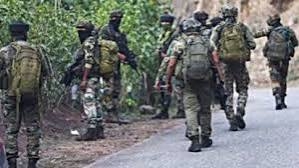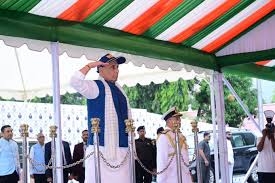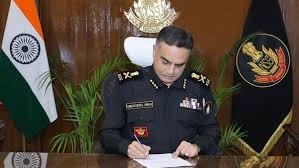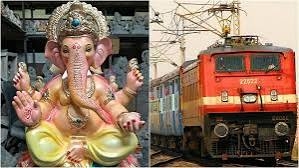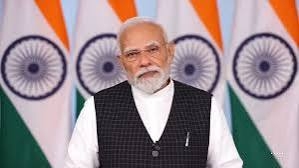In a significant development, President Droupadi Murmu invoked Article 143(1) of the Constitution to seek the Supreme Court’s opinion on whether courts can impose timelines on the President and Governors for granting assent to Bills passed by state legislatures.
The judgment sparked criticism from various quarters of the Executive. Vice President Jagdeep Dhankhar and Kerala Governor Rajendra Vishwanath Arlekar expressed concerns over the judiciary setting procedural rules for the executive branch.
President Murmu, in a detailed reference dated May 13, 2025, raised 14 key questions of constitutional significance and public importance. These include:
- Whether timelines can be judicially imposed for the President’s assent under Article 201 and the Governor’s options under Article 200.
- Whether the President or Governor is bound by the aid and advice of the Council of Ministers.
- Whether their discretion is subject to judicial review, despite protections under Article 361, which shields them from court scrutiny for official acts.
- Whether the Supreme Court’s powers under Article 142 extend to issuing directions that override or contradict the Constitution or existing laws.
- Whether a state law can come into effect without the Governor’s formal assent.
- Whether courts can adjudicate on a Bill’s content before it becomes law.
- Whether disputes between the Union and states can be resolved through means other than a suit under Article 131.
- Whether any Supreme Court bench must refer matters involving substantial constitutional interpretation to a Constitution Bench under Article 145(3).
- The President’s reference asserts that both Article 200 (Governor's powers) and Article 201 (President's powers) provide no specific timeline or procedure for action.








14.jpeg)

